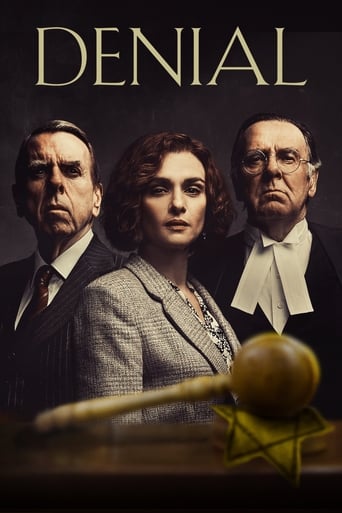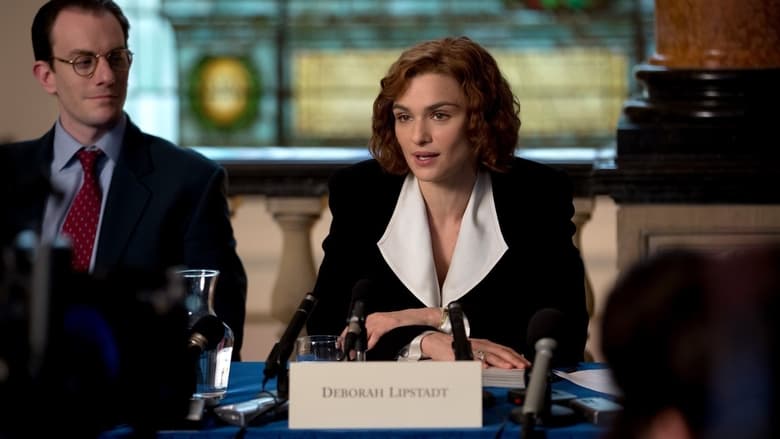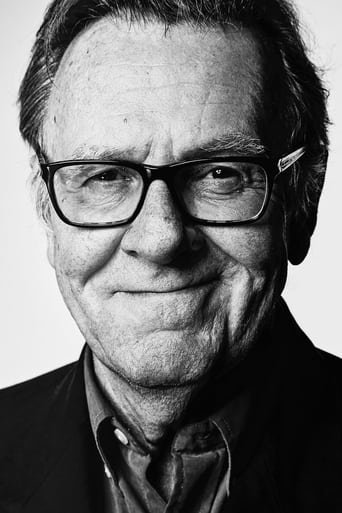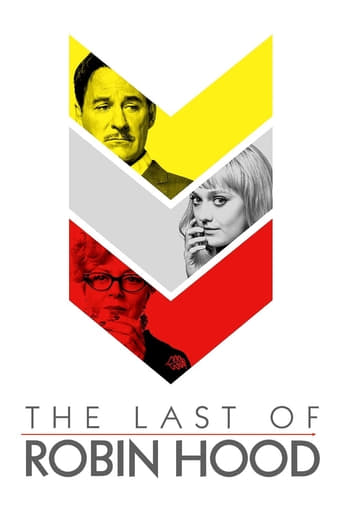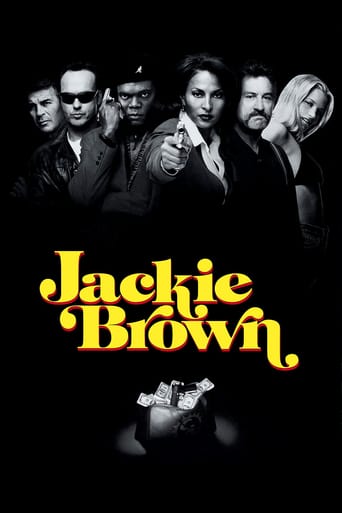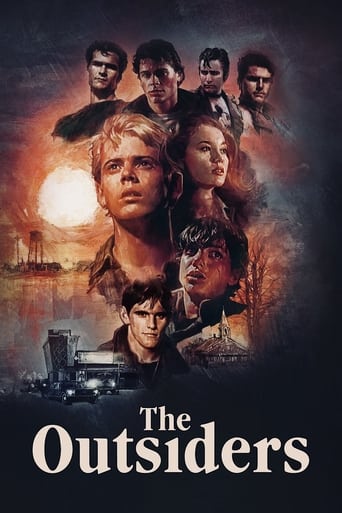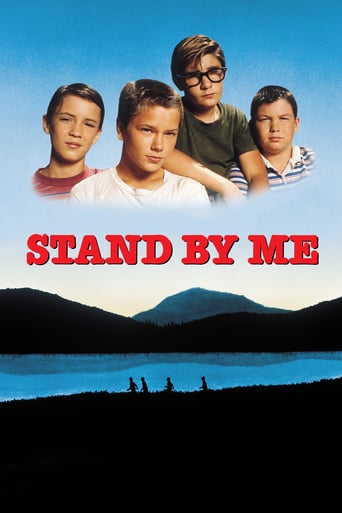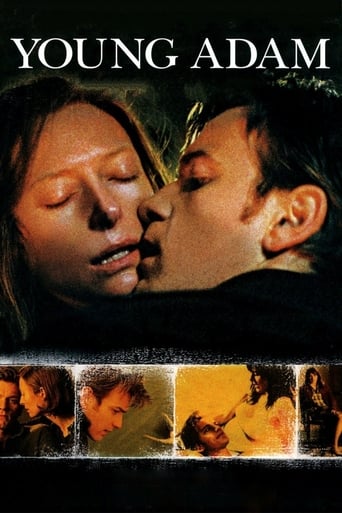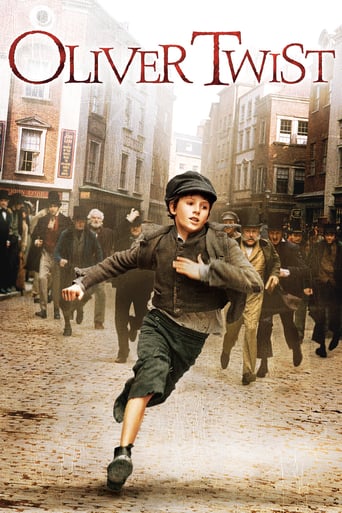Denial (2016)
Acclaimed writer and historian Deborah E. Lipstadt must battle for historical truth to prove the Holocaust actually occurred when David Irving, a renowned denier, sues her for libel.
Watch Trailer
Cast


Similar titles
Reviews
It's strange to say this, but "Denial" is Timothy Spall's movie. Strange because the movie is based a book by American historian Deborah Lipstadt on the libel trial launched by British amateur historian David Irving against herself and Penguin Books. Irving was played by Spall. The trial was launched because Irving claimed that Lipstadt had libelled him in a book she had written. Irving was a Holocaust denier, and Lipstadt a Jewish academic who specialized in the Holocaust. Given that the movie is based on Lipstadt's book you expect her to be the focal point, but Irving - in spite of his noxious anti-semitic views - was really the more compelling character, largely because of how well Spall did with the part. Rachel Weisz took on the part of Lipstadt. She was fine in the role, but outshone by Spall.After an opening encounter between the two in Atlanta, where Lipstadt was speaking, most of the movie is set in a British courtroom. You do learn some of the finer points in British law - such as that in the UK it's the defendant in a libel trial that has to prove the case. Irving launched the case in the UK for that very reason. You also see in Lipstadt just a wee bit of the "ugly American" from time to time - such as her refusal to bow to the judge when her trial begins, because- as she said - "I'm an American." Maybe - but too bad. You're in a British court! (She did bow to the judge eventually.) There are some ugly anti-semitic demonstrations portrayed outside the courtroom.The presentation of the case by Lipstadt's legal team is fairly dry and technical. It's interesting from a historical perspective - but you really have to have an interest in history to appreciate some of the finer points. I do have a Bachelors degree in history, so found it interesting to watch as Lipstadt's legal team and various witnesses pull Irving's views apart. But I would say that overall the movie isn't especially engrossing. It's a good movie. It's an important subject. Even aside from the Holocaust, it does deal with the question of when and whether there should be limits on freedom of speech. It's certainly worth watching, but it's certainly not an American-style courtroom drama filled with suspense. (6/10)
I thought that any film with Weisz, Wilkinson, Spall and Scott in it would be worth the maximum score or thereabouts for me but somehow Denial, despite its subject matter being something I view as important, missed the target.The acting was superb. Andrew Scott especially so. I've met a few lawyers in my time and of a type, Scott's Julius rang so very true. So many of the occupants of the Inns of Court are admirable but weird that all Scott had to do for the characterisation was to walk around one for a while.In the same manner Wilkinson hit the self confident and rather superior barrister spot on. There was a certain conceit that was delightfully communicated. Spall all but turned Irvine into a grotesque and in real life the opposite is true, and part of Irvine's weaponry. He's not hesitant but personable, believable and convincing, that is if you don't know the facts. To paint him as an unattractive failure gives the wrong message. There were glimpses of Irvine's way with words, but not enough. He ended up as someone almost pitiable when in fact he's dangerous. Weisz is such a good actress that one must consider that she was obliged to turn Lipstadt into such an unattractive character. I ended up not liking her. (Sorry to the real Lipstadt, I'm sure you are a lovely person who is sympathetic to the needs and desires of others.) I know that feminism rules, but lawyering is complex and the suggestion that the team listened to her for tactics seemed rather unbelievable. I'm not sure that holocaust denial should be an offence. All aspects of history have their contrarians, not to mention those who twist facts to suit their political prejudices, so making a special case, albeit out of something that is rather special, out of holocaust denial is questionable. Perhaps not in Germany as I can see why they feel the option is the better one.The libel laws in the UK seem to be merely a method of enriching the lawyers, but then the systems in the USA have the same emphasis so why make it into a big thing?Using dialogue from the court records is a cop out. It is normally boring, repetitive and vague. Did anyone believe that A Few Good Men showed how a court ran?We should not forget the horrors of the extermination camps but, unfortunately, we will. It will be a footnote in history in a few years. There was a better film to make on the subject, and with such a front row perhaps should have been made.So much for the negatives: the film is still well worth watching, if only for Scott, and is worth the cost of the DVD, but one can't help but regret the much better film that was missed. The Auschwitz scenes were well done although it would be hard not to make them heartrending and emotional. There were certain aspects that were important for the plot and these were rather laboriously covered, but then, I suppose, we'd moan if they had not been mentioned. All in all 7 is a little harsh, but 8 is beyond reach.
When British history writer David Irving sued for libel the American historian and academic Deborah Lipstadt, because she had accused him of being a Holocaust denier, I assumed that he had no chance of winning and that, having been defeated in a court of law, the cause of Holocaust denial would be irredeemably damaged. I was wrong on both scores which is why, 17 years after the trial, it is so important that this big name film about the case has been made.As the film makes clear, Irving's defeat was far from certain because, in an English libel case, the defendant has to prove the veracity of the offending material and an important part of the price paid by the defence was that neither Lipstadt nor Holocaust survivors were called to testify so that Irving, who conducted his own case, could not exploit them. The film is released at a time when social media online and Trump in the White House are giving extraordinary prominence to falsehoods in an era which has been dubbed "post-truth".The Holocaust happened and, if this film helps to remind people of this incontrovertible fact, it will make a valuable contribution to evidence-based discourse. The main problem for such a cinematic work of less than two hours is that the case was so prolonged and complex. It ran for five years (2000-2005) and, when it came to trial, it went on for 32 days and ended with a judgement of 355 pages. A further problem is that the viewer always knows the outcome, which inevitably diminishes the tension of the narrative, although director Mick Jackson and writer David Hare do their best to build up a sense of uncertainty. So, as a film, this is never going to be a crowd-pleaser.But it tells an important story about an issue of huge historical significance and it does it with a roster of fine British actors. Rachel Weisz (herself Jewish) is the feisty Lipstadt and Timothy Spalling is convincing in the unsympathetic role of Irving, while Tom Wilkinson is formidable barrister Richard Rampton and Andrew Scott is cerebral solicitor Anthony Julius. Some of my Jewish friends feel that the film is unfair to the British Jewish community, but a good deal of research went into this work and every word that Irving utters during the screen version of the trial is taken verbatim from the court records.
For Denial, the most shocking thing about this film was that it was made in 2016. Everything about the camera work is so bland and uninspired at introducing Professor Deborah Lipstadt that if enough context was removed this film could literally be about any female professor that's liked by her students. The initial barrage of Professor Lipstadt's routine is a series of extremely bland cuts from organically lit shot to organically lit shot, and in that barrage the blandness emerges. The trope of the beloved professor is so shoehorned in to create a character for Prof. Lipstadt that I feel completely alienated from the character at large. Denial's pacing alone is so bizarre at jumping to the lawsuit that I'm wondering why I should care about a story fighting Nazism. Jackson feels as though he's done enough to make me empathize with Prof. Lipstadt by showing me at the 14 minute mark how she'll be fighting an uphill legal battle. Around the 19 minute mark, Jackson choses to actively waste our time with an extremely unoriginal rainy London sequence to establish that she has arrived, and even though it's a minute long it's failure of purpose makes it stand out so belligerently. Rachel Weiss' acting as Lipstad feels so inorganic that I am completely skeptical and extremely bored by lines meant to be inspirational as "my mother always said there was gonna be an event. That I was picked out, I was chosen well here it is." (16:01) That alone is one of many lines that seems to have been taken verbatim from a book. Denial at large is a very aggressively okay film, and at large it seems as though the only thing it's missing is commercial breaks. A quick look through Denial's director's past works shows that the vast majority of his experience prior to his 2016 film is in television. Denial's entire goal of presenting an uphill battle for truth against hate, with it's recurring shots of stairs among other grandiose imagery of rising above, fails so spectacularly entirely because of it's pacing and strange dipping in and out of Documentarian nature. If a film tells me that it's "based on true events" then why on earth is it showing me meaningless dates and times? Saying your movie is "based on true events" is the most blatantly lazy form of opening a film beyond subtitles showing location and narration, which this film also does. Denial if anything seems in denial of the fact that it's not an HBO series, but a film.

